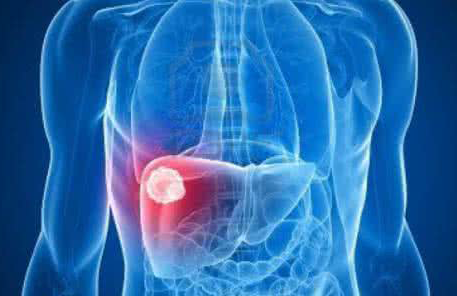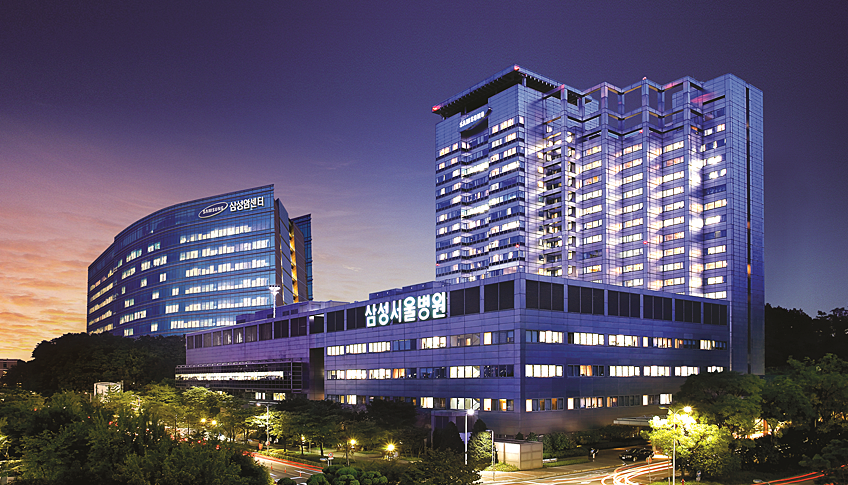Liver Cancer
We believe that the people in their fifties who drank a lot of alcohol are getting caught in liver cancer as a result of viewing TV dramas where the middle aged people who drink lots of alcohol are dying from liver cancer. But this is the wrong perception.
With respect to the worldwide distribution of hepatitis, Asia, including Korea, comprising about two-thirds of the world's total hepatocarcinoma, mostly coincides with the area of the prevalence of the hepatitis B virus. The liver cancer occurs more commonly due to suffering from long chronic hepatitis rather than drinking much alcohol. Experts estimate that it takes about 50 years for hepatitis to develop to liver cancer, having considered fact that prevalence of hepatocellular carcinoma reaches its peak for the people of their fifties.
* (1) Liver cancer refers to a malignant tumor originating from hepatic cells accounting for most of the liver. In a broad sense, it includes all types of malignant tumors of the liver (such as intrahepatic cholangiocarcinoma) or metastatic cancer of liver caused by metastasis of cancer of other organs that spreads to the liver, but it refers only to hepatocellular carcinoma as hepatocellular carcinoma is the most common of all liver cancers.
(2) As symptoms thereof, you can feel lumps on the upper right side of the liver by touching with hands. When liver cancer grows rapidly, pain may be felt in the same area and jaundice, anorexia and weight loss may accompany. However, most cases are identified incidentally or by routine examination without any symptoms.
(3) Most effective treatment for liver cancer is surgical resection of liver cancer. However, there is often a case where a surgical resection is impossible. In this case, the transarterial chemoembolization (TACE), which blocks blood vessels supplying nutrients and oxygen to liver cancer, and the percutaneous ethanol injection therapy (PEIT), which kills liver cancer cells by injecting alcohol into liver cancer and the radiofrequency ablation (RFA), which burns liver cancer with high frequency.
(Source: Seoul National University Hospital Medical Information http://www.snuh.org)

Why is the liver cancer surgery in Korea globally famous?
In terms of morbidity, hepatocellular carcinoma is the second highest deadly cancer after lung cancer. In particular, hepatocellular carcinoma poses still a threat to the adults who have not benefited from vaccination. The fact that Korea is ranked the best for liver cancer surgery in the world derives from its abundant clinical experience and leading treatment technology. In particular, the liver transplantation which has become a typical treatment for end stage liver disease in Korea, consolidated the basis of the development of liver cancer surgery of Korea. Liver transplantation, in which a portion of a healthy person's liver is removed and transplanted to a liver of the patient, is much more complex and difficult than liver cancer resection. It requires the best technology, as it is required to save the lives of both the donor and the patient while dividing one liver into two. In Asan Medical Center, Seoul, the world's largest 4,300 cases of liver transplants from living donors were performed, and 97% of the world's highest survival rate was recorded. In Seoul St. Mary 's Hospital, the 5- year relative survival rate for cancer patients was 30%, which was higher than the US 16.6%, Canada 20.0% and Japan 27.9%.

Korean hospitals and physicians famous for liver cancer surgery
The advantages of large hospitals include that they are equipped with ultrasonography facilities as well as CT and MRI and hepatocellular biopsy (histological examination) while radiation therapy are available, so that patients’ situations can be responded immediately. Many people think that 'liver cancer is subject to surgery department', but liver cancer is also diagnosed and treated in the internal medicine department. In large hospitals, liver diseases are dealt by internal medicine department, digestive internal medicine department, surgery department and liver, gallbladder and pancreatic surgery department.
If you have any questions about Korean medical services or intend to receive treatment of operation, please contact the Market Hub Medical Center. It connects you with specialized agents for each medical field, and with the best Korean medical staff.
TEL : +82-2-3463-9100, E-mail : trade@markethub.org










